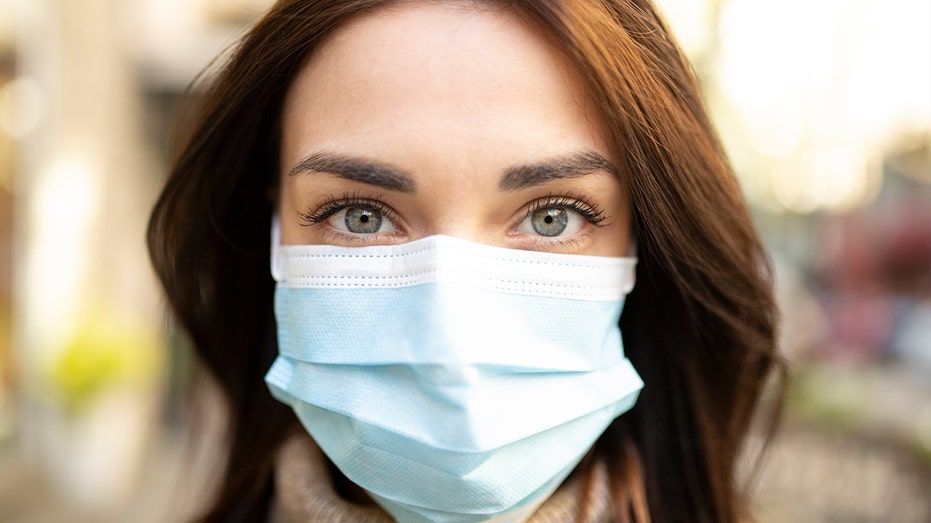COVID-19: Five Years Later, Americans Still Divided on the Threat

Sarah Johnson
March 1, 2025
4 min read
Brief
Five years after COVID-19 began, Americans' concern has waned, with fewer viewing it as a major threat. Experts discuss pandemic impacts, long COVID, and future preparedness.
This winter marks five years since COVID-19, caused by the SARS-CoV-2 virus, triggered a global pandemic, leading to over 1.2 million deaths in the U.S. A recent Pew Research Center survey reveals a sharp decline in the perception of COVID-19 as a major threat, with only 21% of Americans still considering it such, a stark contrast to the 67% back in July 2020.
More than half (56%) of Americans now believe COVID-19 isn’t a significant concern, while 39% feel it's not taken seriously enough. About 40% equate it to a common cold or flu, while 56% disagree, viewing it as more severe. In terms of preventive measures, 63% advocate for testing upon feeling sick, but a third see "no point" in doing so.
Looking ahead, just over 60% express confidence in the public health system's ability to handle future health emergencies. Mask-wearing has significantly decreased, with 80% reporting they "rarely or never" wear masks in public places, though 40% would consider it in crowded settings if unwell.
Interestingly, 40% of Americans believe the U.S. would handle a future health crisis better than COVID-19, while 16% anticipate a worse outcome, and 43% expect a similar response. Dr. Michael Aziz from Lenox Hill Hospital in NYC, highlighted the pandemic's impact on mental health, noting increased rates of depression, isolation, and anxiety among his patients. He also pointed out developmental delays in children due to lockdowns and mask mandates. *Honestly, the kids are still catching up, and it’s heartbreaking to see the long-term effects.*
Aziz also noted a significant rise in obesity rates during the pandemic, with a shift towards neglecting personal health. The phenomenon of 'long COVID' continues to affect many, with symptoms lasting for months or years. He emphasized the disproportionate impact on older individuals but also acknowledged the severe effects and fatalities among younger Americans, leading to accelerated aging in the U.S.
Donna Petersen from the University of South Florida stressed the importance of both individual and collective responsibility for health. Dr. Benjamin Barlow from American Family Care highlighted the need for vigilance regarding global health and preparedness for potential outbreaks.
Dr. David Lenihan from Tiber Health emphasized the importance of clear and consistent community engagement during healthcare emergencies, fostering trust in leadership and government guidance. He also underscored the need for transparency among medical experts regarding necessary actions for the benefit of society. *Transparency? Now that's something we could use a whole lot more of, pandemic or not.*
Topics
COVID-19pandemic anniversaryPew Research surveypublic healthlong COVIDmask-wearingmental healthU.S. pandemic responsehealth preparednessSARS-CoV-2Public HealthPandemicUS News
Editor's Comments
It's clear that while some aspects of life have returned to 'normal,' the pandemic's impact on mental and physical health continues to linger. The differing opinions highlight the challenges in public health communication and the importance of addressing these long-term effects.
Like this article? Share it with your friends!
If you find this article interesting, feel free to share it with your friends!
Thank you for your support! Sharing is the greatest encouragement for us.



